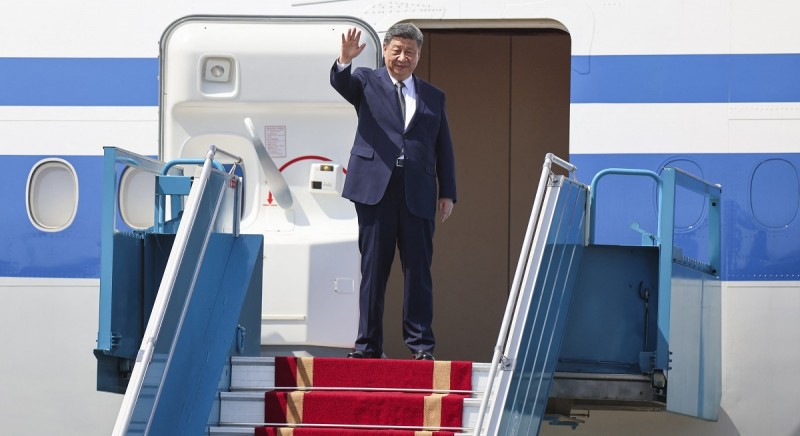Agreement expected to renew Bush’s ‘fast track’ powers to negotiate FTAs.
PRESIDENT George W. Bush and Democrat lawmakers have reached a “historic deal” that could pave the way for a renewal of his “fast track” powers to negotiate free trade agreements with other countries.
Thursday’s deal was the first major bipartisan agreement on an economic issue since the more protectionist Democrats took control of Congress in January.
It allows for provisions on labour and environmental standards to be included in pending bilateral pacts.
“Today marks a new day,” House Speaker Nancy Pelosi said in announcing the agreement. Standing beside her was Treasury Secretary Henry Paulson and US Trade Representative Susan Schwab.
“We have been able to agree to this new trade policy so that we can raise the living standards in the United States and abroad, expand our markets and spur economic growth.”
The deal was a “win-win solution” for both the Democrats and Mr Bush.
Most Democrats have opposed recent free trade agreements negotiated by the Bush administration, arguing that the deals either did not address labour and environmental concerns or did so only in a weak manner.
The White House struck a compromise because it was looking at the prospect of Democratic support for future trade deals.
Indeed, the new policy will apply immediately to pending trade pacts with Panama and Peru, and, to a lesser extent, Colombia and South Korea.
But officials want it to go beyond these countries, and become a model for all future bilateral trade deals.
More significantly, they saw the agreement as the first phase in the process of renewing the President’s trade promotion authority.
There is growing expectation that Mr Bush’s powers to speed trade pacts through Congress without amendments through only a “yes” or “no” vote will be extended.
Mr Bush said that he was pleased with the deal and looked forward to the renewal of his Trade Promotion Authority – popularly known as “fast track” – that expires on June 30.
The TPA was struck between House Republicans and about two dozen Democrats in 2002, allowing the government to win approval – in some cases very narrowly – of several free-trade deals, including that with Singapore.
Fast track powers are crucial for the conclusion of World Trade Organization talks.
Observers say that the Doha round, involving Brazil, India, the US and several European countries, has stalled partly because of fears that the Bush administration would not be able to work out trade differences with Congress.
Ms. Schwab said that Thursday’s deal would send a clear signal to trading partners that Washington was now giving fresh impetus to the WTO talks, aimed at reaching an agreement on breaking down barriers for farm goods, industrial products and services.
Mr Charles Rangel, chairman of the influential House Ways and Means Committee, has already indicated that a limited extension of the TPA might be possible if the WTO talks shaped up to be a good deal for the United States.
But there could still be some obstacles.
While leading figures in Congress have sealed an agreement with the White House, they need to sway others in the Democrat camp – the test of which will come in a congressional vote in the next few weeks.

